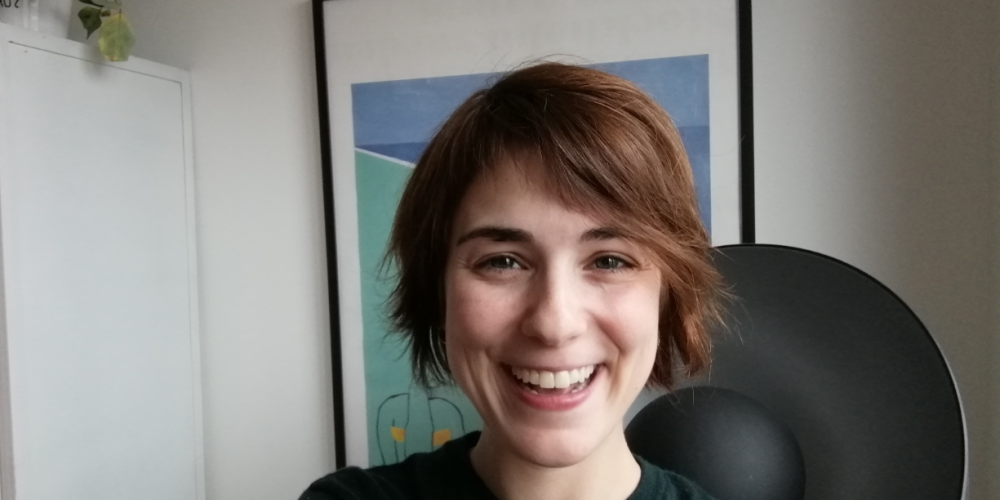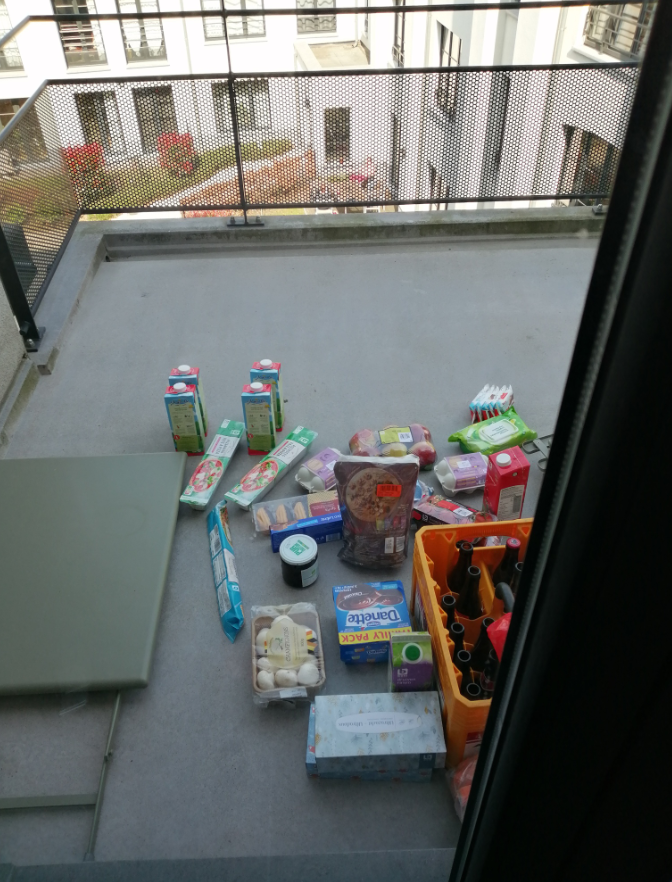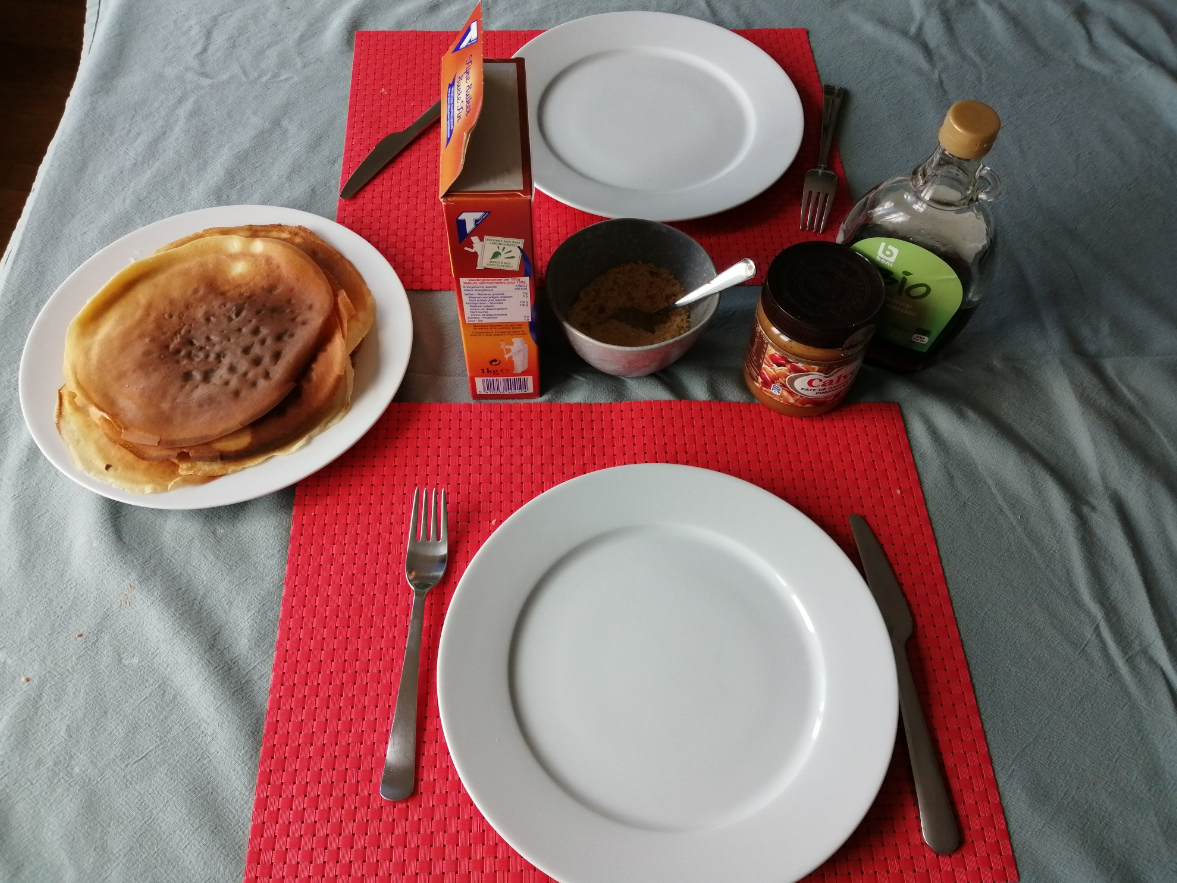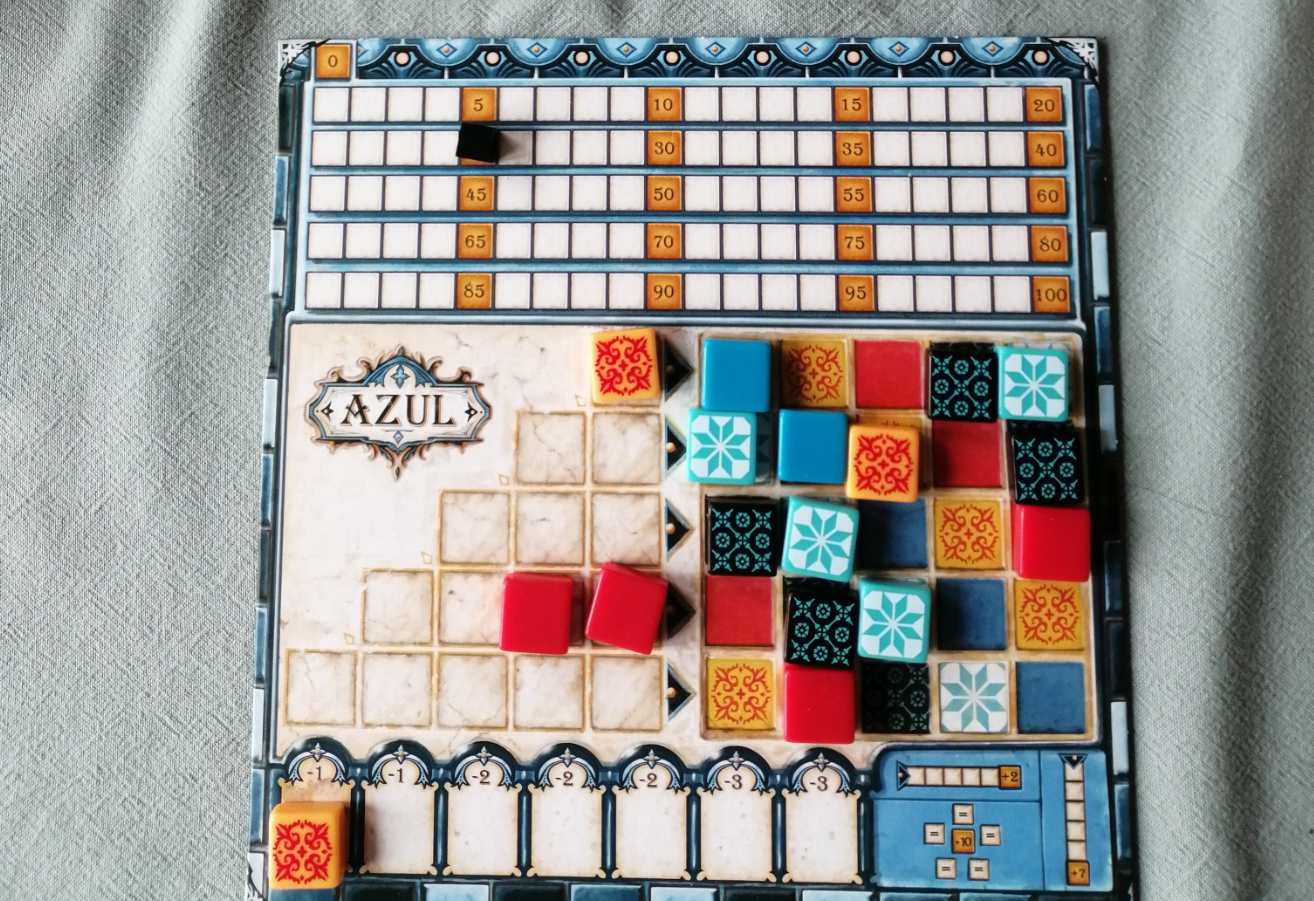
During the coronavirus crisis, there are plenty of smart professionals at VUB. But working at VUB is now mainly working for VUB but from home. What’s the reality of the switch from workplace to homeworking? How do we deal with the blurring of boundaries between work and life?
Recognise these situations? We asked our VUB colleagues how they are getting on with the new reality of homeworking. With an eye on best practice, they shared their surprising tips and tricks. Click here to find all their stories.
Ine De Bock
Ine is 30 and since June 2018 has worked half-time for Crosstalks. Until recently, she combined it with another half-time position. Shortly before the coronavirus outbreak, she left the other job and began looking for another challenging part-time role. In the current situation, that’s become more difficult, and so she suddenly has some extra time on her hands. In January, she and her 34-year-old partner, Pieter, moved in together, and they live in an apartment in Brussels. That in itself is a major adjustment. With the coronavirus too, it’s quite a balancing act.
Her homeworking base? In the living room. Pieter has set up his desk in what was the junk room. Luckily, that was already planned, before the virus became an issue.
On two wavelengths
Moving in together is always a process, learning each other’s little habits, discovering the differences in how you each live, and seeking the right balance. Every new couple recognises this. Then a virus comes into the equation – and not just a little one. Ine closely follows the guidelines, but Pieter has a stricter approach.
Continue the story below the picture.
Ine: “While I’m happy to go to the local shop – I don’t see it as a risk, because they’ve put markers on the floor and screens between the cashier and the clients – Pieter would rather get supplies for the whole week from the big supermarket and minimise all possible contact. He follows the guidelines very strictly. Once he’s brought the shopping home, everything goes into quarantine, he puts his clothes in the laundry basket and washes his hands more than once. He would rather not go to the baker’s, so he’s experimenting with baking his own bread. He’s not yet found the right mix, but he’s not short of enthusiasm. He also makes his own yoghurt and because we have lots of jars, his next experiment is fermenting vegetables. That seed of making things yourself was already there, but now it’s really flourishing. Which I think is great.
That seed of making things yourself was already there, but now it’s really flourishing.
Everyone processes this differently
“A change of scenery? We live in the centre of Brussels and Pieter doesn’t like to go out, other than for strictly necessary grocery shopping. But I love to stick my nose outside and go walking, so now I do that by myself. The first week, Pieter found that very difficult, because some places were still full of people, and I was a little nervous about his reaction. But now that we’re a week in, he’s happier for me to go out. I keep my distance from people, of course.
“In terms of the news, at the beginning I followed it very closely. But I soon realised that it made me more anxious. Now I no longer watch updates all day and instead just watch the news in the evening. And I get an update from Pieter from time to time.”
Life in Brussels with COVID-19
How do you adjust to life during the coronavirus crisis when you live in an apartment in the centre of Brussels? And how do you fill the time from one day to the next?
Ine: “In Brussels it was always so easy to meet people spontaneously, to have a drink, go for dinner, to the theatre or the cinema. That’s all gone now, and I miss those spontaneous contacts. Before, all my walks were functional. Now that’s all changed, I enjoy going for a walk for its own sake and not because I have to get from A to B. It also means I look around me more. I often see something nice that I’d never noticed before. And if while I’m out I see someone I know, we can still chat – even at a distance – and that’s a pleasure.
Continue the story below the picture.
“During the week I try to have structure in my day. I start each morning with a short yoga session. On days off I use apps to brush up my Swedish and Italian. What’s nice is that our apartment block is U-shaped, with balconies at the back. Every Saturday one of the residents organises a little party from 20.00 to 21.00, with loud music and light effects in the garden. Then all the neighbours dance on their own balconies. The building also has a Facebook group. We had it before the crisis, for practical things like rubbish and problems with parking, but now there are various actions popping up, like offering help to neighbours and a book exchange.”
A closer look at your work
With all events having been cancelled, it’s having an impact on the Crosstalks agenda.
Ine: “It’s now a lot calmer for me, but that means we have the time to step back and reflect on what we are doing. What could I do better, what training could I use? Otherwise you’re always immersed in it, in this field. Now we have time for a helicopter view of our professional life. That means room to grow as a team and as an operation, as well as personal growth. With my badly timed resignation from LUCA, on the other hand, it makes it difficult to stick to fixed days for Crosstalk. I’ve noticed that my work is now more spread out across the week. In the meantime, I’m still applying for other jobs. So if anyone knows of a nice challenging half-time job…”
If anyone knows of a nice challenging half-time job…
Family bonds
Ine has a twin sister who is four months pregnant.
Ine: “We are very close to each other and normally see each other every week. But she lives in Antwerp and now her bump is beginning to show, I’m going to miss all that. My mother lives alone and of course I see her much less now. Last week I was able to see her, outside on the terrace.”
Ine’s tips
- Structure your day
“Structure gives you something to hold on to, and I think it’s very important. I never played sport before, though I would go for walks. Now my daily yoga workout does me so much good and I think I’ll keep doing it after the crisis.”
- Take the time to do things properly
“Take cooking, for example. Don’t just think ‘what are we going to eat this evening?’ Turn it into something fun, experiment with a new recipe, enjoy the moment and make something fun of it together, including the time at the table.”
- For those sharing a home: keep doing fun things together
“Now that going to the cinema, the theatre and a restaurant is no longer an option, what do you do? Well, we play board games. We play Scrabble, Trivial Pursuit and Azul. Pieter happens to love board games but before, it wasn’t my thing at all. So you see how the crisis can bring people closer together through the most banal but most fun things.”
Continue the story below the picture.
Ine’s reflections
“I saw a post on Instagram that said: The world needed a break. To take a step back. That’s what it’s about. I think this crisis will change us. We will look at things differently, work differently. Things can be more flexible, we’ve shown that. When we can look back at this, it will be a major life lesson for all of us.”
-
JOIN IN the VUB research. The research group TOR at Vrije Universiteit Brussel and the research bureau hbits are investigating the social consequences of the coronavirus crisis. We’re working in a different way, schools and most shops are closed and public life has ground to a halt. What are the consequences of this for your daily life? Take part in the research and tell us how your daily life has changed via www.dagelijksleven.eu
Read also the article of professor Ignace Glorieux: Life in a time with no fixed times.


